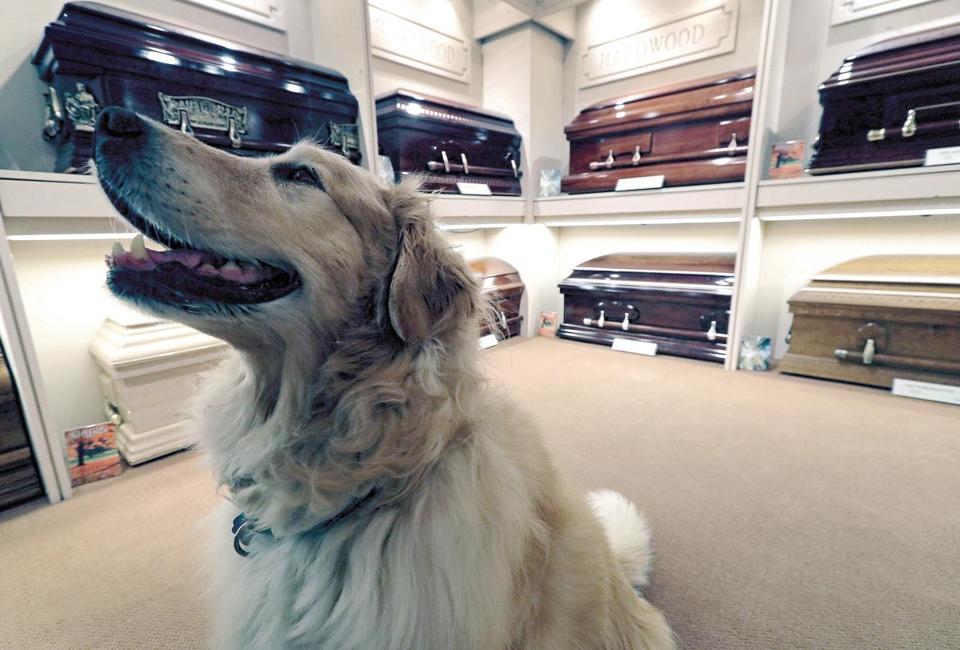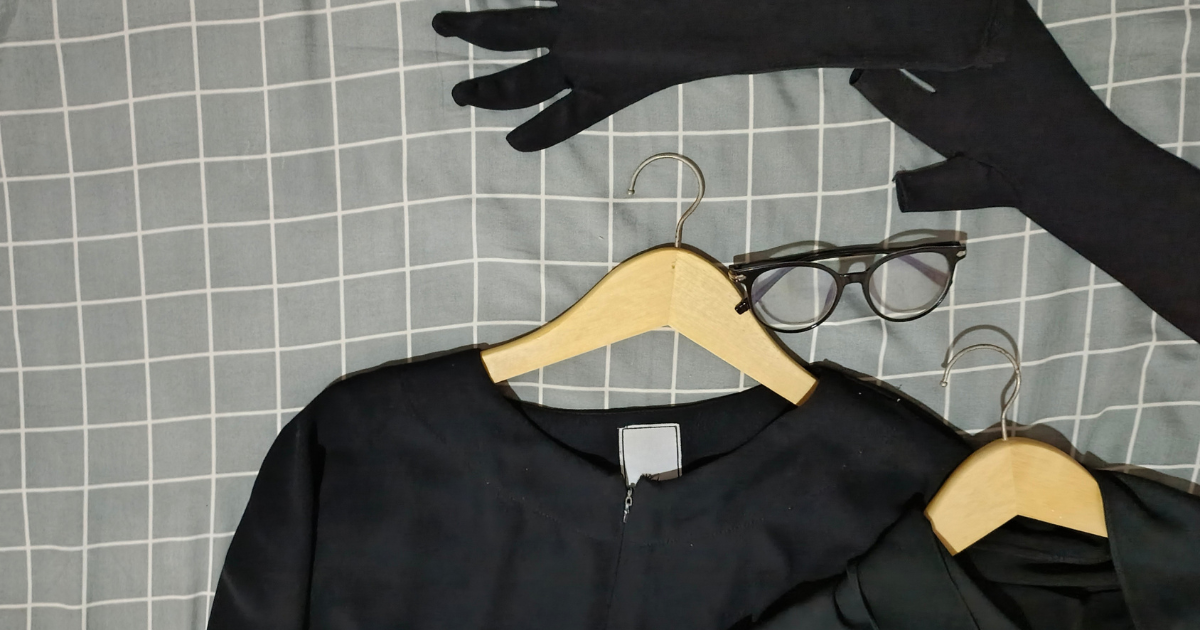Funeral Homes Turning to Therapy Dogs to Comfort Mourners
Originally Published on Boston Globe
As a funeral home director in Pittsfield, Rob Dwyer has worked with many grieving families.
But when a young girl became overcome with emotion and rushed out of her grandmother’s service, he called on a special staff member at Dwyer Funeral Home to help: Greyce, a 2-year-old Chesapeake Bay retriever.
“Just the presence of the dog changes the mood,” Dwyer said. “The dog walked out of the funeral and followed her and just sat down beside her. The tears stopped pretty quickly.”
It’s a trend starting to grow among funeral homes in Massachusetts — offering the services of a therapy dog to comfort bereaved families during planning meetings, wakes, and funerals.
Therapy dogs are also offered by the Gately Funeral Home in Melrose, and at least six other funeral homes are currently training therapy dogs, according to Margaret Nolan, executive director of the Massachusetts Funeral Directors Association.
A spokesperson for the National Funeral Directors Association said that, anecdotally, the trend has increased within the industry, especially in the last four years.
Dwyer began working with Greyce nearly a year ago, and said it’s been “the best idea.”
“It makes the whole event more comfortable. We were thinking it would be perfect for kids, but I wasn’t anticipating the reaction from adults,” Dwyer said. “Typically when the dog gets here I’ll introduce them to the family. I can not only feel [the difference] but see it in their faces, it changes the whole mood.”
Read More on The Boston Globe




